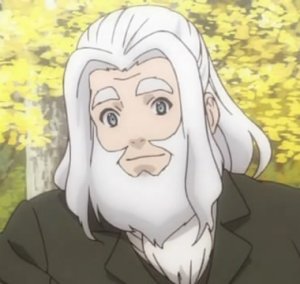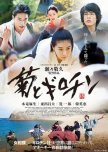long and violent
This sprawling movie begins like a documentary, with voice-over and text-over narration, backgrounding a Japan in economic turmoil after the Great Kanto Earthquake of 1923, and political turmoil with the rise of socialism and anarchism, and the fascist authoritarian backlash. Many characters are introduced, including a group of young male anarchists who spend their time shouting at each other and botching assassination attempts, and a travelling troupe of female sumo wrestlers, who are at each others' throats as much off the ring as on. The sumo bouts are done well, in a long sequence that was as exciting as the male sumo tournaments I've seen on Japanese television. The women have taken up this life to escape dominating fathers and husbands, seeking the freedom they imagine in developing their strength, but it's illusory and only found in fleeting moments during bouts, as the forces of male authority outside the ring continue to impose on their lives. Apparently female sumo was popular among the proletariat for about a hundred years until about 1960. Eventually the movie focusses on a couple of the anarchists who connect with a couple of the women and hang around with the sumo troupe, and then the plot centres on the authorities' attempts to cover up a recent massacre of Koreans. I hadn't connected with any of the characters or their story, wasn't enjoying the emotional and physical violence, and dropped this movie about 2/3 through.
Considerați utilă această recenzie?






